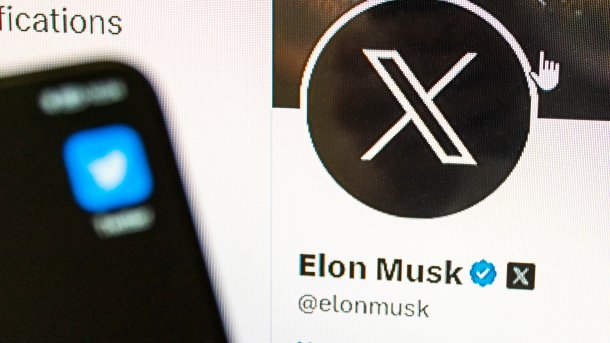Appeal against "supervised tweeting": Supreme Court rebuffs Elon Musk
For five years, Elon Musk has had to secure approval for short messages relating to Tesla's business. His attempt to overturn this has now failed.

(Bild: Svet foto/Shutterstock.com)
The US Supreme Court has rejected an appeal by Elon Musk against his rules on "supervised tweeting". This means that the rules imposed by the US Securities and Exchange Commission (SEC) in 2019 remain in force and the US billionaire must first have certain short messages on his own social network X reviewed by a lawyer from his electric car company Tesla. The two sides reached an out-of-court settlement after Musk falsely claimed that funding for taking Tesla private had been secured. The Supreme Court has now not explained why the case was not accepted for hearing. This means that Musk has exhausted his legal remedies.
False claim caused share price to soar
Musk's tweets during the year, according to which he wanted to delist Tesla from the stock exchange, were decisive for the conditions. The billionaire wanted to punish short selling, i.e. share transactions that bet on falling prices. According to Walter Isaacson's biography, Musk was in talks with Yasir Al-Rumayyan, the head of the Saudi Arabian state investment fund, about a possible privatization. The content of the tweet, which caused the share price to soar by 7 percent and called the stock exchange supervisory authority into action, read "Financing secured". He offered USD 420 per share for the fastest possible privatization. The takeover talks were then abandoned, however, as Musk had no assurance of the purchase price.
A few months later, Musk reached an out-of-court settlement with the SEC: Since then, short messages relating to certain business information about Tesla must be checked in advance by a lawyer. Two years later, the billionaire then initiated attempts to overturn these requirements. However, the SEC was able to prevail in all instances with the argument that parties can "also waive fundamental constitutional rights" in an out-of-court settlement, Bloomberg quotes. Accordingly, the agency welcomes the Supreme Court's final decision and states that "it should be less controversial to bind defendants to terms they themselves have agreed to". Elon Musk has not yet commented.
(mho)